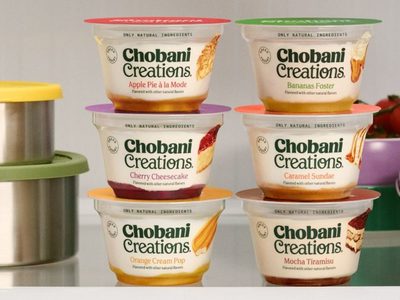BELFAST, IRELAND – Philip Clarke, chief executive officer for Tesco P.L.C., called for fundamental changes to the global food supply chain in the wake of the scandal involving the blending of horse meat with beef and labeling it as 100% beef. Specifically, he called for simplifying the supply chain and eliminating middle-men that add to the bureaucracy of the supply chain.
Mr. Clarke was speaking at the opening of the Queen’s University Institute for Global Security March 14.
“These have been difficult months for the food industry,” he said. “But I have always taken the view that you should never waste a crisis, and you should see the renewed vigor we are putting in to building meaningful partnership with suppliers and into sourcing from the U.K. as an opportunity for us and particularly people here in Northern Ireland.”
Mr. Clarke said the discovery of the horse meat scandal has taught his company that fundamental changes are needed in how ingredients and food products are sourced.
“This has been a wake-up call for us all, and I see it being a pivotal moment for our industry,” he said.
One recommendation he made for reforming the food supply chain included making it shorter and creating a more direct connection between retailers, food companies and the farmers who produce the raw materials.
But he added the issues extend beyond local concerns and to the global supply chain.
“The background to these issues is macroeconomic,” he said. “The global population is growing, and an increasingly affluent middle class have a great expectation of a protein rich diet as standard. So the competition for the food that is being produced around the world is growing. Collectively as a food industry we need to become more efficient and less wasteful to enable us to meet this growing need. Tesco is determined to ensure we continue to be able to offer the best products to customers wherever we trade.
“But this has become much harder. Take fruit from South Africa for instance. There was a time when as a retailer from a wealthy country like the U.K.; there was no issue with getting first pick over the highest quality fruit.
“Now times have changed. There is demand from growing regions, like the Middle East and Asia, creating competition for this product. Some of these rivals are not interested in the things we are — in addition to quality, (they are) not quite interested in labor standards on farms.”
Mr. Clarke said Tesco now finds itself in an unfamiliar situation and discovered that the traditional supply chain is “hopelessly out of date when it comes to this new world order.”
“If we’re going to maintain security of supply, and meet our customers’ expectations, we need to do things differently,” he said. “What we’ve found works is cutting out the middleman, and directly managing the relationships for ourselves.
“We have got very exacting standards at Tesco, and many of these are very important, but at the same time we also realize there is a bit too much bureaucracy. We want to be a customer of choice for our suppliers — not just a company people do business with because we’re big, and part of that is reducing unnecessary demands and focusing on what matters.”
In response to the horse meat scandal, Mr. Clarke said Tesco is going to “work very hard to weed out any rogue elements which can risk the reputation of the food industry we work in.”
Tesco will be conducting a “forensic” examination of its many supply chains.
“I am sure we will find things we don’t like, but where we find that, we will act immediately to put it right,” Mr. Clarke said. “Our aim is a supply chain which is transparent — not just so that we can have open dialogue and true partnership with you, but so our customers can have complete visibility of where their food has come from, and how it has been produced.”


